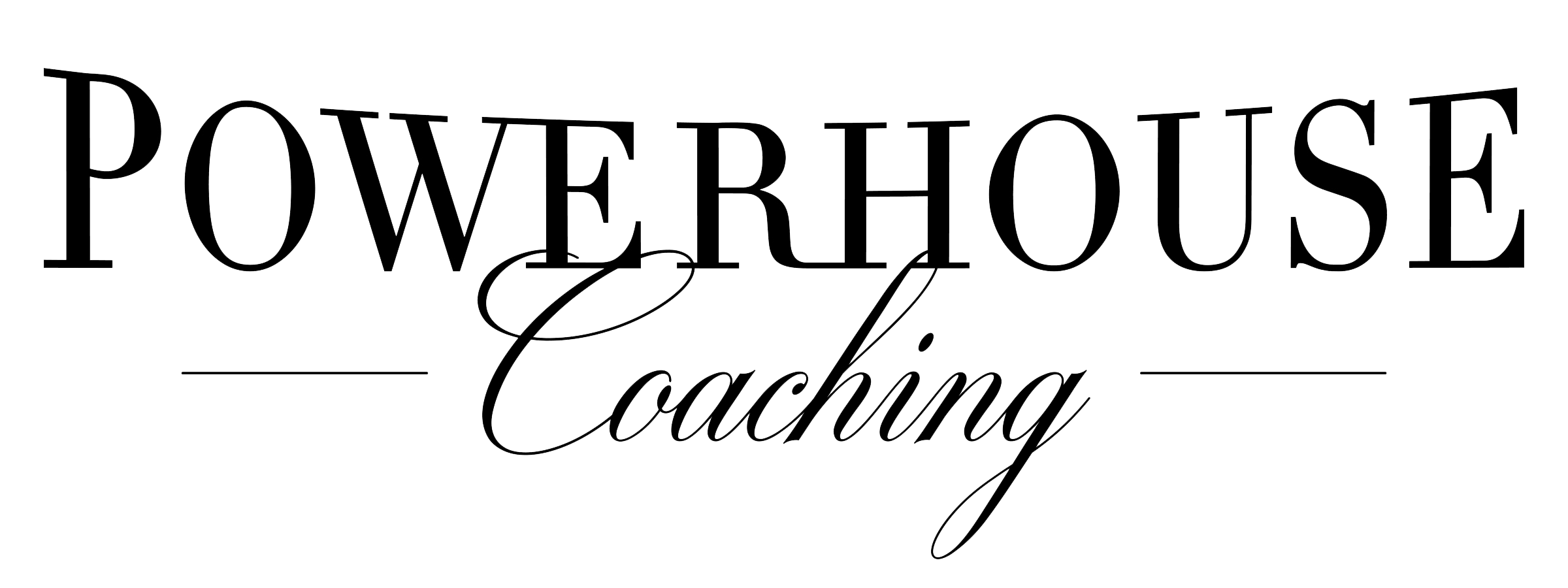“The price of greatness is responsibility.”
Winston Churchill
LEADERSHIP CHALLENGE: “I’ve been experiencing ongoing resentment and negativity. I want to feel powerful and enjoy my role. How can I move past this?”
Quick Summary:
- The fastest way to recognize low responsibility is persistent negative emotion
- Negative emotions indicate where to take responsibility
- Responsibility is dodged by blame, justification, denial, “brilliant logic”, and confusion
- Negative emotions are eased through sufficient responsibility
Go Deeper:
I recently wrote The CEO’s Guide to Imposter Syndrome and mentioned both burnout and a lack of responsibility as two chief causes of Imposter Syndrome.
To start, you can read more about Leadership Burnout: Causes and Cures here, however, that may not be enough.
As it relates to Responsibility, I’ve previously shared that many people experience Imposter Syndrome because it’s valid, for a slew of reasons. The demands of your role have likely never been higher, and if your role at times feels overwhelming, that’s understandable. However, the degree of persistent negative emotion you’re experiencing, including Imposter Syndrome, is directly related to the level of responsibility you’re taking for addressing these issues.
Imagine a “teeter-totter” with negative emotion to the left and responsibility to the right. When negative emotion is high, responsibility is low. And vice versa. So, if your negative emotions are recurring it’s time to ask yourself where you’re not taking responsibility.
To start, it helps to recognize your typical negative emotion “playlist.” Maybe your playlist is resentment, impatience, or criticism. Or stress, dread, and regret. Or maybe you just complain a lot. Whatever it is, coolly recognizing and naming your recurring emotions makes it easier to recognize when responsibility is calling.
The five recurring ways I see people avoid responsibility are blame, justification, denial, “brilliant logic” (convincing-sounding excuses), and confusion. Where are you complaining, making excuses, shifting blame, neglecting root causes, ignoring structural problems, not developing yourself but coasting, going through the motions, or using brilliant logic?
And when it comes to your team, who has the problem? The person giving excuses? Or the person accepting excuses?
The areas that evoke negative emotion are precisely where more responsibility is asking to be taken. It is a form of “cognitive dissonance” (the discomfort people feel when they realize their thoughts and actions are inconsistent or contradictory), e.g., I know I need to be better at this but I’m not doing anything about it.
The good news is you do not need to have something mastered for the negativity to decrease considerably. The sincere process of starting to take responsibility is enough. It’s the feeling you have when you’ve tolerated something too long and finally get the ball rolling. Relief.
Taking action is helpful, but creating new habits is transformational – and I will write about that in Leadership and Peak Performance. An example of this would be creating learning goals OR process goals for yourself around where you need to improve, instead of outcome or performance goals. This may look like creating a daily habit of deep learning in the area you know you’re lacking to reduce your Imposter Syndrome. It’s hard to have Imposter Syndrome when you’re doing the work.
My strong recommendation is to recognize the link between negative emotions and low responsibility in yourself and others. We are all responsible for what we tolerate.
Part of my work is diagnosing leadership. I repeatedly see leaders with high responsibility address challenges in an almost unblinking manner of, “here is the issue, and here’s what I’m doing about it”. They do not necessarily see themselves as the cause of all problems, but they always see themselves as being part of, if not all, the solution. It’s refreshing and I respect it.
By contrast, leaders who score low on responsibility almost invariably start by blaming the diagnostic, which never fails to amuse me. On reflection, they recognize where their low responsibility is weakening them.
I know there are people who will read this and think that I’m victim shaming or something of the sort. I’m not. Negative emotions are a part of life, and sometimes things happen that upset us. We are not responsible for everything that happens to us, however we are responsible for how we respond to what happens. The negativity comes not from what happens, but from how we respond – or not.
I recommend starting to see prolonged negative emotions in yourself or your organization as something you can change. The solution is responsibility. Responsible leaders are happy leaders, even in challenging times.
Finally, getting others to take responsibility for themselves is an art and a science, and I’ll talk more about that here in Leadership and Listening.
If you have found this helpful, please share it using the links below.
I work with CEOs who take responsibility for their leadership and their organization. If you’ve lost patience with negative emotions, I’m here. Request your consultation →
This guide reflects Katherine Hosie’s CEO Coaching observations developed over two decades at Powerhouse Coaching.


